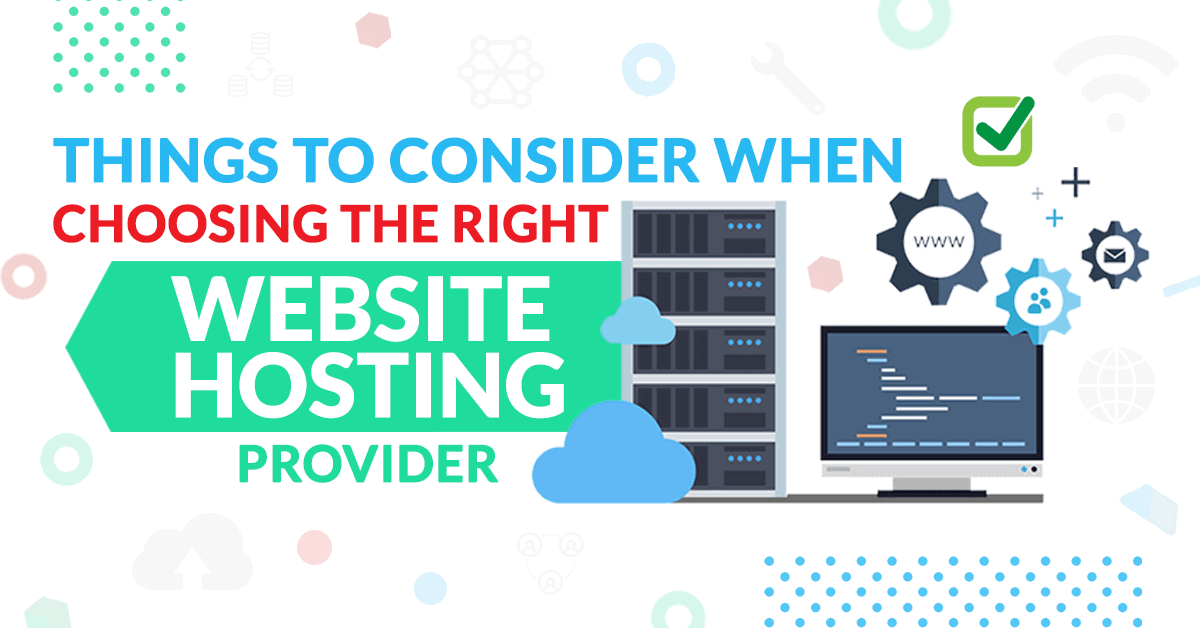Benefits of Managed Hosting for Businesses
In the past few years we’ve seen the growth and popularity of the cloud as a channel for businesses to host their data. However, for those who want more control over their data, deploying more traditional means of web hosting is still a viable option. A lot of businesses have a misconception that because they want more control over their data that they would need to invest a large amount for dedicated IT technicians to manage their hosting requirements. This is where our managed hosting services comes into the picture.
What is Managed Hosting?
Much like dedicated hosting, Managed Hosting is where a web provider (ISP) owns servers that single or multiple customers rent and utilize. With Managed Hosting, it is the providers who manage the hardware and operating system on behalf of their clients. This lets companies concentrate more on their own website maintenance and other business activities as they let the provider do the hosting for them.
Cost effectiveness
This is the best benefit you can get from Managed Hosting. Having a managed hosting service contract saves you a great deal of money for having dedicated IT technicians in your company. The right provider can carefully assess what your company needs and cater their service only based on what you need at the very moment.
Because businesses would be paying for a service, they would need to just incur a monthly fee. This means that the costs are predictable and easy to manage. With the provider doing the hosting for them, any issues that would arise on their side, especially when it comes to uptime and availability, would have to be handled by the provider.
Savings in time and effort
Fixes such as maintenance of the server, software updates, and data storage would not be the concern of the business as they let their provider manage all of these. This lets the business focus their time and attention to running the business operations and do what they do best. For businesses with no existing IT department, this is a huge benefit as they do not need to hire people or spend time mastering the technology and networks. If you’re wondering if it’s finally time to upgrade your hosting package, you’re right!
Managed Hosting also means that the company would only need to interact with one party which is the hosting provider, instead of taking matters into their own hands. This frees up the time spent evaluating many different parties involved when managing IT technology.
Security
The security of your server is one of the biggest priorities of any business. One of the hallmarks of a good hosting provider is one that can guarantee security. This can range from anywhere to security audits, spam filtering, firewall configurations, and OS updates. The hosting providers should be equipped to have all the tools and experience to deal with any issues related to server security. It is part of their job to cover for any security vulnerabilities and prevent any kind of attack. By having a managed hosting service contract, you can be assured that whenever your server is experiencing vulnerabilities, you have a team you can run to who will easily be able to address these issues.
Guaranteed Uptime
Because the responsibility of managing the system as well as its troubleshooting is now placed on the provider, this means you are guaranteed of your system’s uptime. Server monitoring is an important aspect for any organization and because constant attention is needed for this, having a hosting provider can go a long way in making sure the network is up and running and is available for your business and your clients.
Backups
Data loss is something many companies wish to avoid altogether. This is why regular data backups are necessary to keep your server secure and intact. A Managed Hosting provider can give you that peace of mind because of the measures and processes they have to ensure that your data is properly backed up.
For any business with a web or online presence, choosing the right hosting package is only the first step. Ensuring that you have an in-house or outsourced personnel to oversee your web and email hosting is another. Don’t lose precious business hours simply trying to figure out how to manage your hosting or server. Ask for help and secure a managed hosting service contract to ensure that your data is backed up properly and your hosting is properly secured and running.
With 25 years of experience in the industry and as a certified IT company at its core, iManila is ready to help you with your hosting, website development, digital marketing and technical support needs. Learn how iManila can help manage your business’ hosting requirements.


